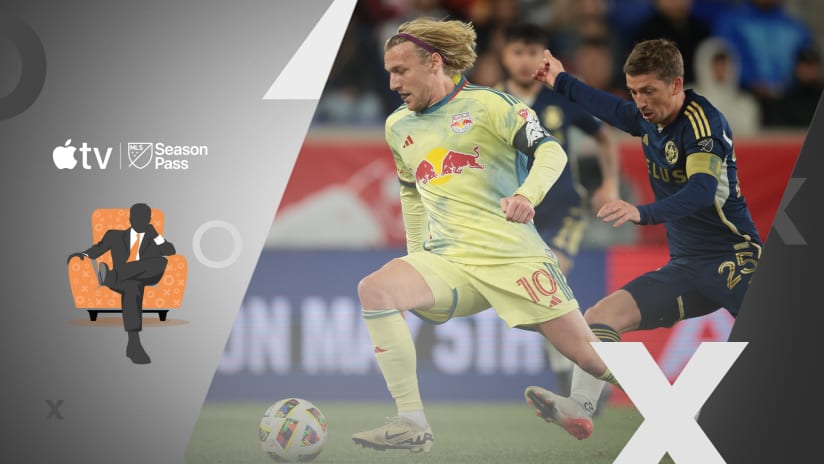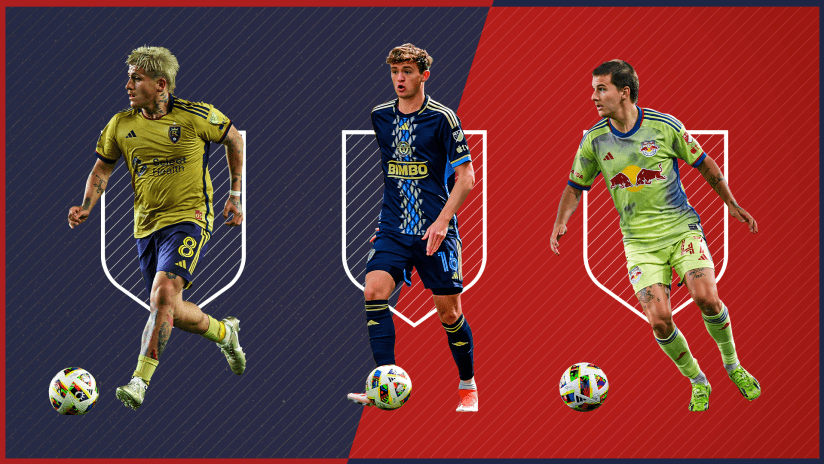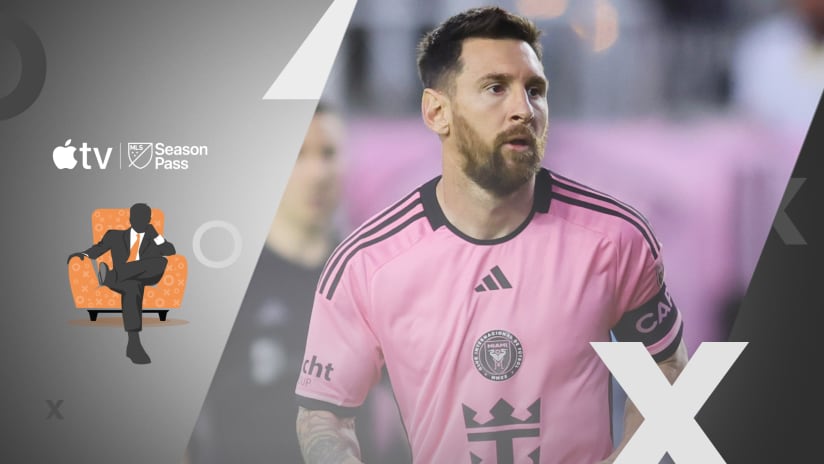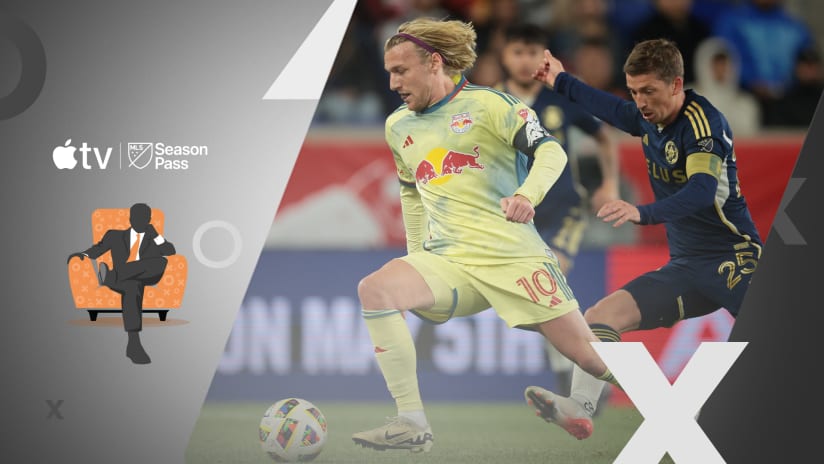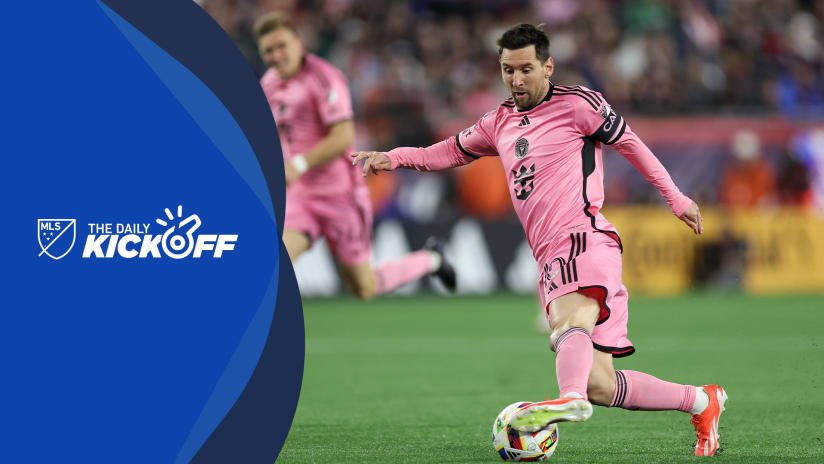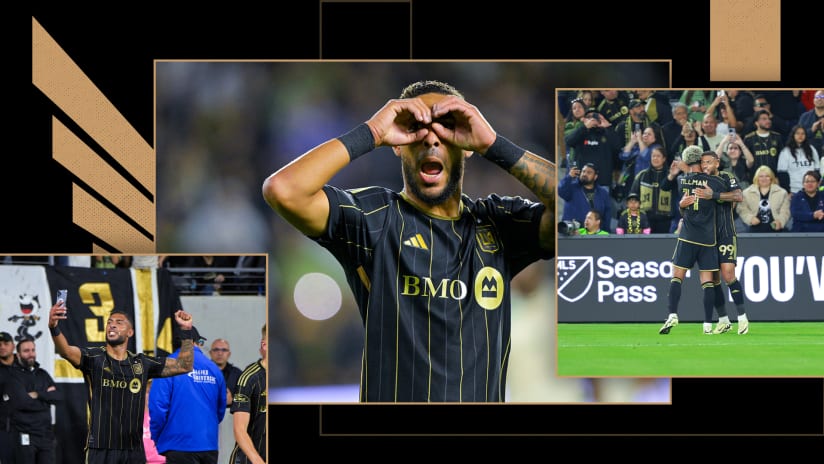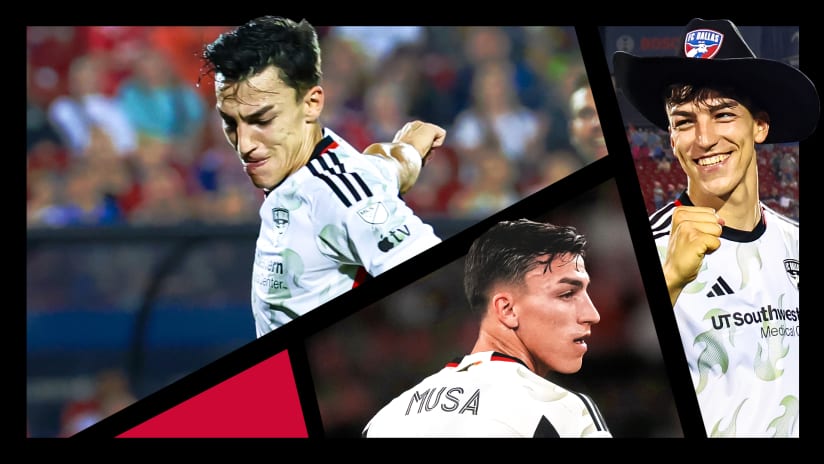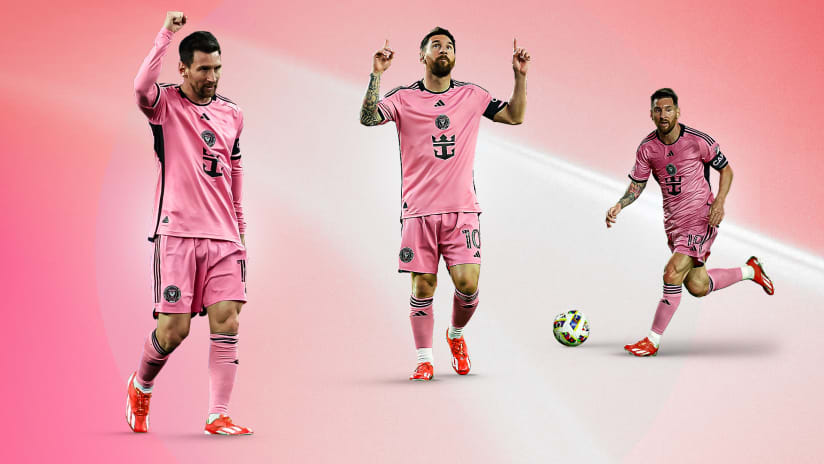Last night's second leg of the Canadian Championship wasn't readily available for US viewers. Toronto FC beat the Montreal Impact 2-1 (3-2 aggregate) to take home the Voyageurs Cup for the sixth time, and we've got a ton of coverageon the game itself.
Short version: The Reds are worthy winners, the Impact were worthy adversaries, and this is (sorry Cascadia) the best rivalry in MLS.
That's the functional, in-the-moment overview. Most US national team fans, however, watch most games featuring USMNT players with at least half an eye toward how said players are performing. This is especially true when it comes to the performance of captain and starting defensive midfielder Michael Bradley, the man whose 133 caps have launched a million flame wars.
I think everybody knows where I stand regarding Bradley: He is the best choice at defensive midfielder currently and for most of the last 10 years, but that doesn't mean he's without his weaknesses. I just don't believe those weaknesses overshadow his strengths at the position (either for club or country). Like any other player at any other spot a good coach will adjust scheme and fit, papering over whatever cracks appear lest they become chasms.
What made last night's game so interesting from a USMNT-centric point of view was how each of the three goals scored reflected so clearly (for both good and bad) on Bradley's skillset. The critics have new ammunition, and the defenders have new, useful data points, and we all have three clips to examine.
Goal No.1: Bradley pushes too high, gets beat for speed up the gut
Bradley's two biggest weaknesses get exposed on the same play.
- He's often guilty of over-pursuit – of trying to make a big play when it would be better to instead contain the game
- He lacks the footspeed and quickness to keep up with top-tier attackers. Blerim Dzemaili is exactly that
I understand the thought-process for pushing up like he did as it was relatively late in the first half and TFC's press wasn't working as it should've. Someone needed to make a play for the Reds. But this felt like too much of a risk as soon as he stepped way up, and considering the way the play ended, that feeling was correct.
Like almost all goals, this is a clear team breakdown. Victor Vazquez doesn't slide over to cover with Bradley and Jonathan Osorio pushed up; Chris Mavinga makes a desperation tackle that doesn't quite come off; Raheem Edwards is a beat too late pinching inside to take the lane away. And even with all of that, it takes a freaking golazo from Ballou Tabla to get the Impact on the scoreboard (please choose Canada, Ballou!).
Nonetheless, the d-mid exists to take this part of the pitch away from his opponent. Bradley didn't do that here, and it was straight up weird to see him switch off after the Mavinga tackle.
Goal No. 2: The perfect diagonal
Who else but Seba?
— Toronto FC (@torontofc) June 28, 2017
The Atomic Ant levels the tie #TFCLive | #TORvMTL | #CanChamppic.twitter.com/C3AaVHtIPj
There's no other d-mid potential in the pool who hits that ball. Wil Trapp truthers will now flood my mentions, but Trapp hits diagonals to spread the field, not to put attackers into the box (which is why Bradley's created nearly twice as many chances this year as the Crew SC captain); Dax McCarty's passing genius is his ability to split defenders by playing into the feet of his attackers, not game-changing long-balls; and Cristian Roldan has yet to show anything like the above ability.
Note, too, that this goal is the perfect "scheme and fit" argument. Bradley is definitely the No. 6 for TFC, and Marky Delgado – who came on for Osorio at the half – is definitely the No. 8. But Delgado is deeper here, acting as an ad hoc backstop to vacuum up any potential Impact counter.
Which he does. The read, interception and one-time pass right to Bradley's feet right there were McCarty-esque, and that should surprise no one. Delgado's been doing that all year and will soon enter the picture in USMNT discussions.
Goal No. 3: Right place, right time and the simple stop
The winner. #TFCLive | #TORvMTL | #CanChamppic.twitter.com/mEIQEBKkBv
— Toronto FC (@torontofc) June 28, 2017
I want to circle back to the first goal for a second, specifically the part where Bradley switched off. In this instance it's Dzemaili – a 10-year Serie A veteran and Swiss international still in his prime, as well as the most influential player on the field Tuesday night – who switches off on this goal by allowing Sebastian Giovinco to get and stay goal-side. This isn't to absolve Bradley for his mental lapse on the Impact goal, but to add at least a little bit of context in that it's two guys with 150+ top-flight, top-4 league appearances who had similar brain-farts.
The game was fast and intense and well-played and featured youngsters punishing veterans making mistakes as often as it did the opposite. If you don't think that's a recipe for a bright future, leaguewide, I'm not sure you looking at the growth of Homegrown players like Tabla and Delgado with any sort of perspective.
Anyway, in the first half Bradley was guilty of trying to force the game. In the second he managed it instead. Right place, right time; keep Montreal pinned in; take acceptable risks; put the difference-makers in position to make a difference.
That's what you're seeing there. Bradley had four defensive actions in that exact part of the field in the second 45 minutes, and all four led to immediate, pressure-based counters for TFC. He was a reliable, no-frills bottleneck in the exact way that a defensive midfielder should be, as he was against Mexico in the most recent USMNT game.
There it is, the bad and good of Michael Bradley in three clips. Now I expect to see a totally sane and rational discussion in the comments section.


